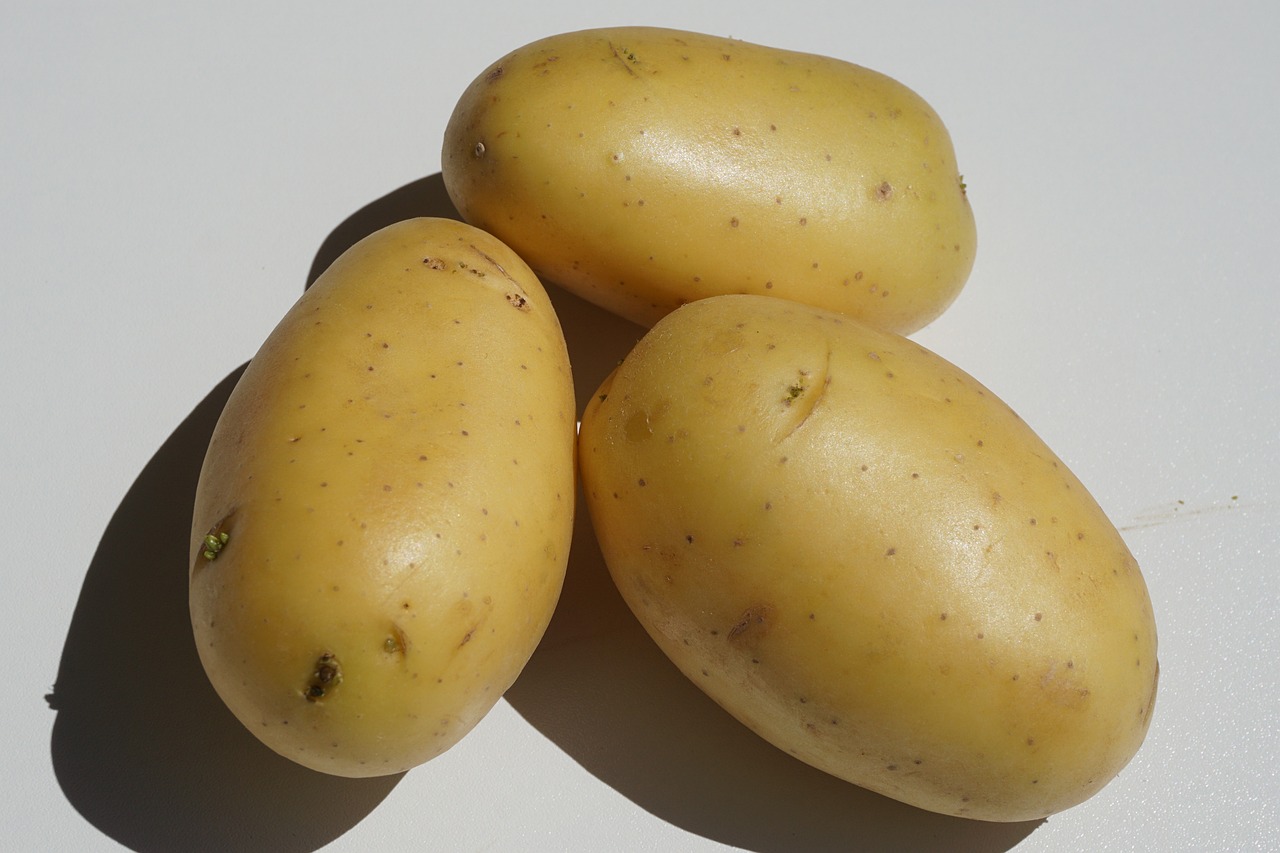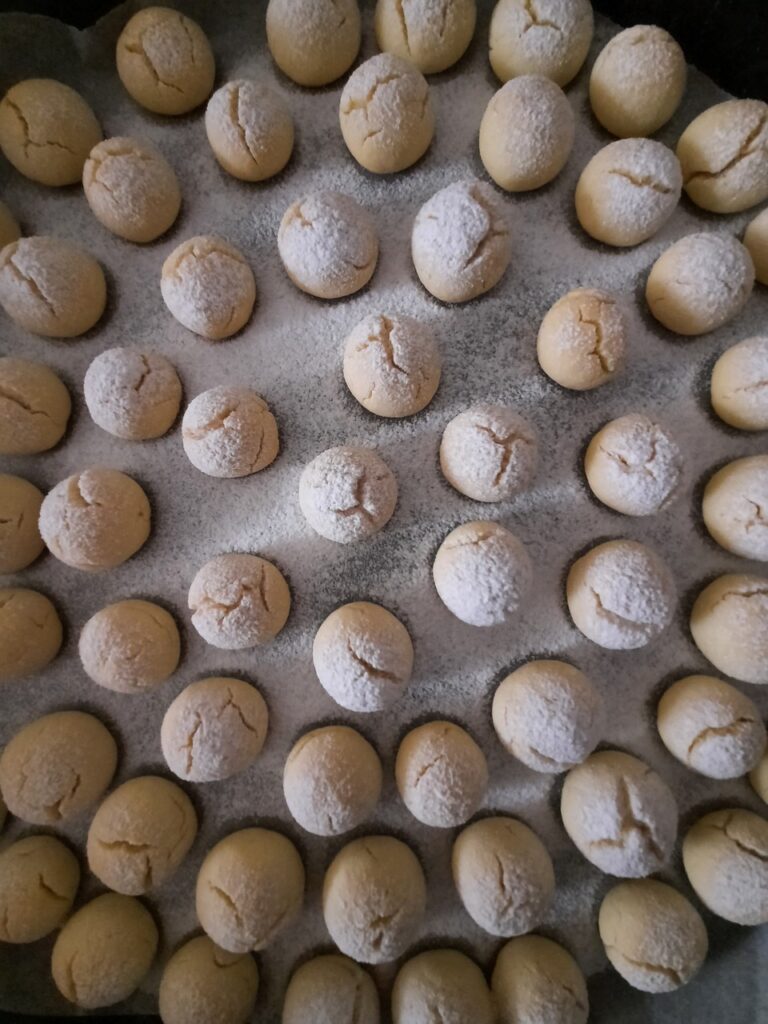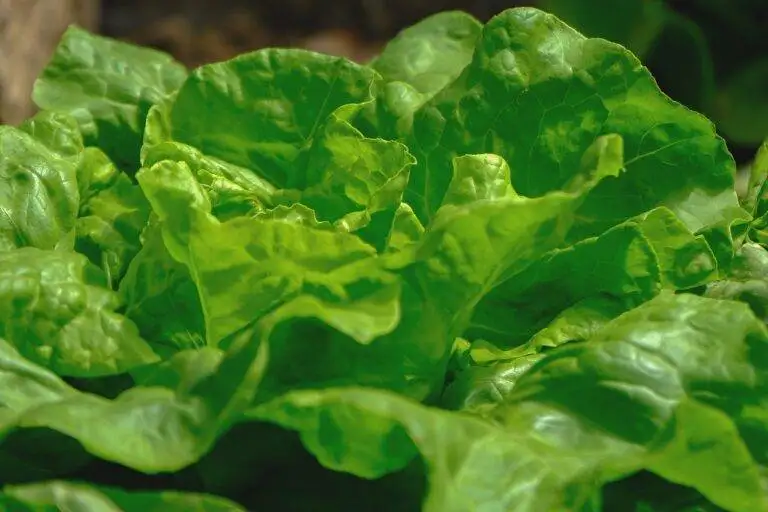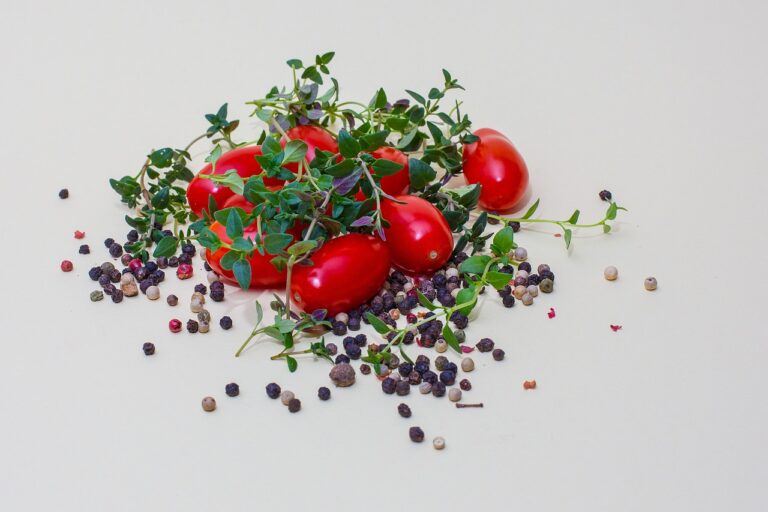Honey Production and Local Food Security: Goldenexch99, Cricbet99 club.com, King567 login
goldenexch99, cricbet99 club.com, king567 login: Honey production is not only a sweet treat but also plays a significant role in ensuring local food security. Many people may not realize the importance of honey production in supporting local communities and food systems. In this article, we will explore the connection between honey production and local food security, highlighting the benefits of supporting local beekeepers and consuming locally produced honey.
Why Honey Production Matters for Local Food Security
Honey production is an essential component of local food security for several reasons. Firstly, honey is a natural and nutritious sweetener that can be used in a variety of culinary applications. Local honey is often preferred over commercially produced honey due to its unique flavors and beneficial properties. By supporting local beekeepers, consumers can access high-quality honey that is sustainably produced and supports the local economy.
Furthermore, honey production plays a crucial role in pollination. Bees are vital pollinators of many fruits, vegetables, and flowers, helping to ensure healthy ecosystems and abundant harvests. By supporting honey production, we are also supporting the health and diversity of our local environment.
Local beekeepers are essential stewards of the land and play a key role in preserving biodiversity. By maintaining healthy beehives, beekeepers support the pollination of crops and wild plants, contributing to the overall health of our local food systems. Additionally, beekeepers often work closely with farmers to provide pollination services, further enhancing the productivity of local agriculture.
Benefits of Supporting Local Honey Production
There are many benefits to supporting local honey production, both for consumers and the environment. Buying honey from local beekeepers helps to support small-scale agriculture and sustainable practices. Local beekeepers often use organic methods to raise their bees, avoiding the use of harmful chemicals and antibiotics commonly found in commercial honey production.
Consuming local honey also has health benefits. Local honey is often raw and unprocessed, retaining all of its natural enzymes and nutrients. Raw honey is known for its anti-inflammatory and antioxidant properties, making it a valuable addition to a healthy diet. Additionally, consuming local honey may help to alleviate allergies, as it contains small amounts of pollen from local plants.
By supporting local honey production, consumers can also reduce their carbon footprint. Buying locally produced honey reduces the need for long-distance transportation, lowering greenhouse gas emissions and supporting a more sustainable food system. Local honey production also helps to preserve open spaces and natural habitats, providing important resources for bees and other pollinators.
FAQs
Q: Is local honey better than commercial honey?
A: Local honey is often preferred over commercial honey for its unique flavors, health benefits, and support of local beekeepers. Commercial honey may be processed and blended with honey from multiple sources, while local honey is often raw and unfiltered, retaining its natural qualities.
Q: How can I support local honey production?
A: You can support local honey production by buying honey from local beekeepers, visiting farmers’ markets, and participating in community-supported agriculture programs. Additionally, you can plant bee-friendly flowers and avoid the use of pesticides in your garden to support local pollinators.
Q: Does consuming local honey help with allergies?
A: Some people believe that consuming local honey may help to alleviate allergies, as it contains small amounts of pollen from local plants. While more research is needed to confirm these claims, many individuals find relief from seasonal allergies by eating local honey regularly.
In conclusion, honey production plays a vital role in supporting local food security and sustainable agriculture. By supporting local beekeepers and consuming locally produced honey, we can contribute to healthier ecosystems, stronger communities, and a more resilient food system. Next time you reach for a jar of honey, consider choosing local honey to support your health and the environment.







